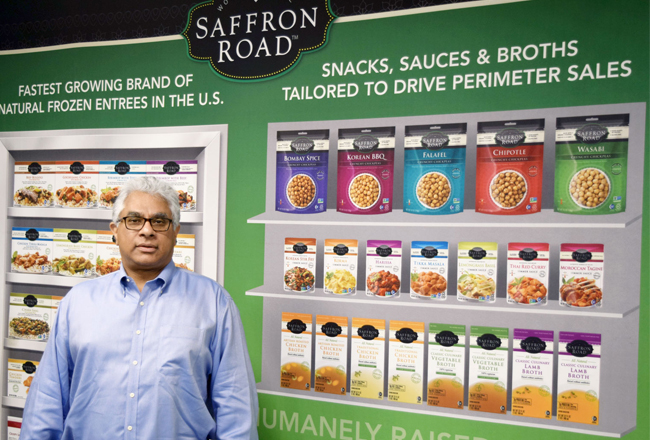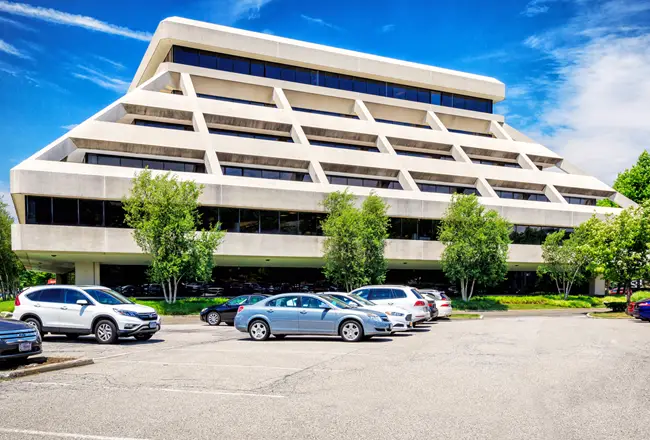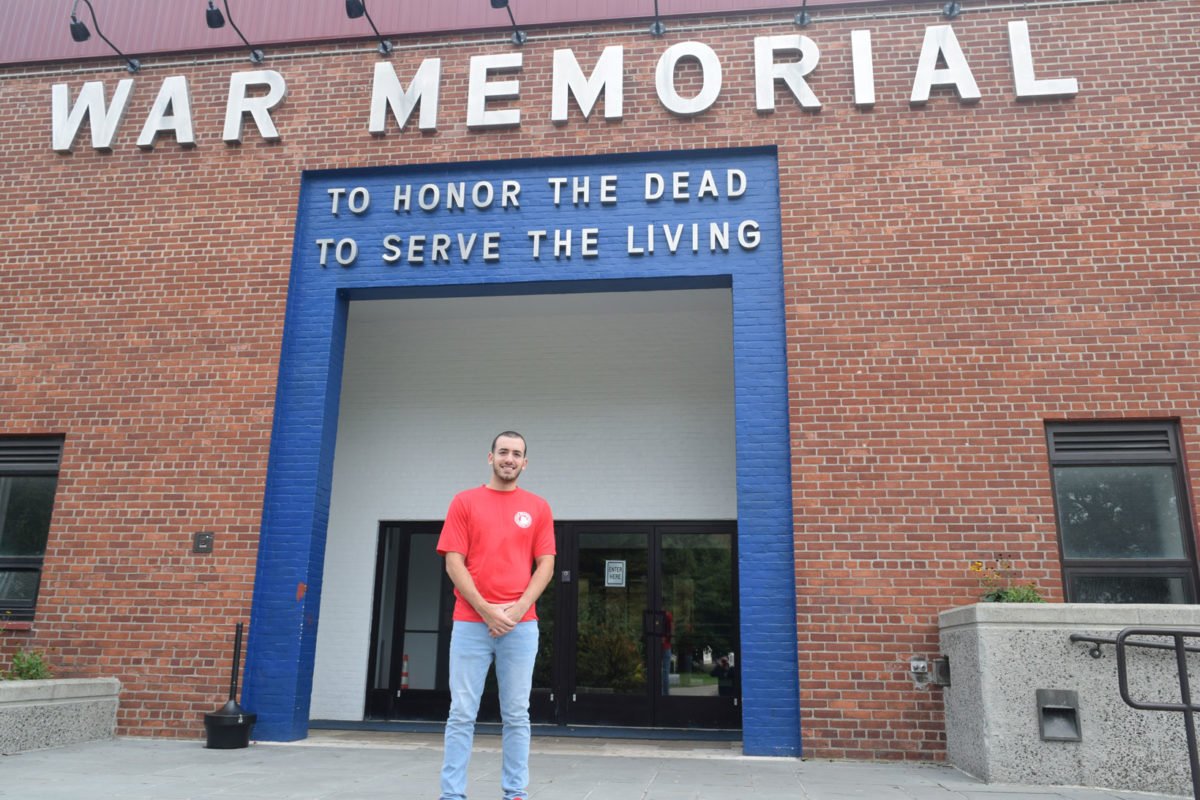
Last month, Connecticut”™s Immigrant Heritage Hall of Fame included Adnan Durrani, the Pakistani-born founder and CEO of Stamford-based American Halal Company Inc., as part of its 2018 inductions. Durrani”™s company is responsible for the Saffron Road brand product line of halal-certified foods that is sold in supermarkets across the U.S.
Durrani began his career in the venture capital world before dropping finance in favor of food and beverages. He founded Vermont Pure in 1991, which was later acquired by Cott Beverages and became Vermont Pure/Crystal Rock, the second-largest bottled water company in the Northeast. Durrani later teamed with Condor Ventures as financial partners in the dairy provider Stonyfield Farms Inc., and then became a principal in the cookie brand Delicious Brands Inc.
The Saffron Road brand was launched in 2010 and covers more than 100 different halal-certified products spanning the cuisine”™s meal, appetizer, sauce, broth, bread and snack categories. (Halal is the Arabic word for “lawful” and halal food adheres to Islamic dietary law and restrictions that are defined in the Koran.)
Durrani spoke with Business Journal reporter Phil Hall on his distinctive place within the food industry and his efforts to bring halal-certified food to a wider audience.
First, congratulations on your induction into the Immigrant Heritage Hall of Fame. How did that come about?
“I don”™t even know. I suspect it is because we do a lot of work in Connecticut. We”™ve been in the Inc. 5000 three times in a row as one of the fastest-growing companies in Connecticut.”
I am glad to see that you are still active and about. With most hall of fame inductions, the people being honored are either deceased or very, very old.
“I”™m glad it”™s not that!”
I should add that this is one of the very few times IӪve interviewed somebody whose products I love. I especially love the Saffron Road lamb entr̩es.
“Oh, that”™s wonderful.”
So, what is the journey from having an a-ha moment for a product idea to putting the product on a grocery shelf?
“We”™re really nimble and we have an amazing team, so it”™s usually anywhere (from) as little as six to 12 months. We”™ve launched some products in less than three months, which is insane. Our partners like Whole Foods love that about us and the larger competitors like Nestle or ConAgra or Kraft Heinz are shocked at our development cycle.
“Also, the products we”™re putting out adhere to standards that are so high. We were the first non-GMO-verified frozen entrée in the world, and we were the first antibiotic-free entrée in Whole Foods. And when we”™re going to market, it is not just about how fast can we get to market, it”™s whether we have the ”˜Wow!”™ idea in terms of taste and quality, and if it can adhere to our really strict sourcing and supply standards.”
How does halal certification differ from kosher certification?
“It is very similar, almost identical. Kosher, like halal, requires that animals are harvested and handled in a very mindful way. We don”™t use any factory farms and a lot of the kosher farms are similar in that respect. One of the areas where we differ, although kosher has been stepping up a lot lately, is that halal is also concerned about how the animal was when it was slaughtered [and] how it was treated when it was living. Was it treated humanely? What were the values around its feed? For us, it has to be 100 percent vegetarian feed on an antibiotic-free farm. And it has to be certified as humanely raised and humanely handled. That”™s a very tough certification.”
How much of your consumer base are those who adhere to a halal diet?
“Our model was never about just the halal consumer. There are between 6 and 8 million halal consumers in this country, a very strong demographic. We were the first and I think we are still the only, national halal company in this country that services that community, which has $30 billion in food-buying power.
“According to Gallup, one out of five American-Muslim households has a Ph.D or an M.D. in it. The American-Muslim woman, according to Gallup, is the second-most educated woman in America after the Jewish-American woman. They were not the immigrants who went to Europe. The immigrants that came here were highly educated, with 70 percent being more educated than the average American, earning a 30 percent higher income. And they are very young: 75 to 80 percent are millennials. So, it”™s a marketer”™s dream, and it”™s a growing demographic.
“But we never based our business model on that consumer. It”™s where we started, not where we ended. It”™s a core part of our base, but about 80 to 85 percent of our consumers are not halal consumers. They are natural organic consumers who are cued into what is the sourcing, how clean is the product, how healthy is it and, the most important thing is how does it perform on a ”˜Wow”™ taste.”
I have to admit that I was unfamiliar with the Saffron Road brand until I saw it one day in the frozen food section of Whole Foods. How do you market your brand?
“We”™re competing against a $100 billion company like Nestle or a $30 billion company like ConAgra or Kraft Heinz, so as a result we obviously cannot spend on Super Bowl ads or any major radio ads. Our base has always been the millennial consumer, and we have a big chunk of later baby boomers. We focus on social media, so our facing to our consumer tends to be on Instagram, on Pinterest and Facebook. We also have a lot of bloggers and influencers in different communities. Within that, our biggest is gluten-free consumers because 90 percent of our entrée line is gluten free, and so is probably 80 percent of our snack line. So, we are connected with bloggers and consumers in the gluten-free community. We are also connected with bloggers and consumers in the non-GMO community.
“And during the holidays like Ramadan, we were very connected to that community”™s bloggers. Especially when we are doing product launches with Whole Foods or Stop & Shop, or if we”™re doing something with Kroger and Publix down south and Safeway on the West Coast, we”™ll connect with them and get the bloggers involved, and they will get the word out on the brand.
“Also, 90 percent of our marketing dollar goes into the packaging on the shelf. So, the package has to be really good. I”™ve always said that it”™s not the 3,000 miles it takes to get that food on the shelf that counts, it”™s the 18 inches of the consumer having to open the fogged-up freezer door and grab the product and put it in their cart. The 18 inches is what we invest in. We invest in that part of the experience rather than in advertising in magazines.”
One aspect of Saffron Road that appeals to my personal dietary needs is the low sodium content.
“We took out a lot of sodium from the meals that we sell. We don”™t position ourselves as Lean Cuisine or Weight Watchers, but a lot of doctors prescribe Saffron Road to their patients because it has half the sodium as Lean Cuisine.”
The halal culinary experience is diverse and spans several continents. How do you determine what foods will appeal to consumers?
“Our mantra is world cuisine. We started in Indian and Thai because we felt those categories were devoid of innovation and demanded quality. We worked with top chefs and came out with amazing culinary designs. Our instinct was right on that. We are always looking for the next edge on what would be popular in the next three, four or five years. What we”™re seeing at various trade shows and consumer affinity groups.”
Have there been products that didn”™t make the grade?
“We reject a lot of products that had great nutritionals but didn”™t taste good. I love Moroccan food and we launched a couple of Moroccan products and, unfortunately my favorite one, the Moroccan lamb stew, didn”™t sell at all, which I was shocked about, which shows you how much I know. We do fail at times.”
Is Saffron Road available outside of the U.S.?
“There is a little bit available in Canada. We get an enormous amount of offers for overseas. About four or five years ago, there was the World Halal Forum in Malaysia and the prime minister of Malaysia gave us the award as the best halal product in the world, and we haven”™t sold a single product in Malaysia. Three years ago, Sheikh Mohammed, the ruler of Dubai, held the World Middle East Forum. There was only a first-prize winner and he gave us the award as best halal food company in the world, and we don”™t sell a single thing in Dubai. We are growing at a pretty fast rate and we want to make sure that we meet our capacity needs here.”
What is the company”™s revenue?
“We are at $50 million. Our goal in the next three years is to be a $100 million business. We have about 30 full-time employees, with about 20 in this office and sales people who are remote.”
I almost hate to ask this, but there are plenty of kooks out there who like to create trouble. As a company offering halal-certified food, have you been harassed by such people?
“Any time you are launching a product that appeals to a certain dietary group or a certain ethnic group, there is going to be a little bit of backlash. When we first launched in 2010, there was a bit of a controversy and I had to go on CNN (in response to anti-Muslim comments aimed at the company) and clear the air. I kind of felt something was going to happen, so I put a rapid-response team together with about 1,000 folks. Many of them were business leaders, rabbis, pastors, imams and various other influencers. And we said that we would be launching through Whole Foods and we expect there will be some blowback. We”™ve had people supporting us, all the way from the Vatican down, who engaged on our behalf. Since then, it has been phenomenal.”
You have support from the Vatican and you received an award from the sheikh of Dubai. How does this not go to your head?
“Sometimes it can get a bit heady. But I”™d like to think it”™s not me. It”™s the team we have here. I always try to humble myself. The ballast for me is that I am very blessed to have that. But it is hard work. It takes quite a bit of energy to put this all together.”




















